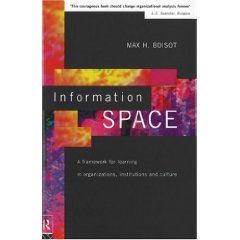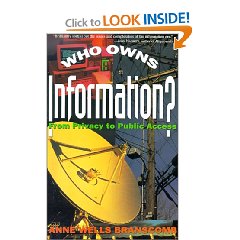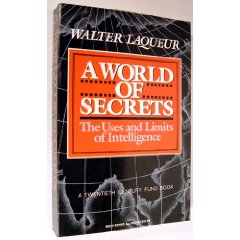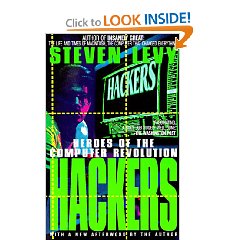Review: Who Owns Information?–From Privacy To Public Access
5 Star, Information Society, Intelligence (Public)Review: The exemplar–The exemplary performer in the age of productivity
6 Star Top 10%, Best Practices in Management, Change & Innovation, Complexity & Resilience, Consciousness & Social IQ, Culture, Research, Democracy, Economics, Environment (Solutions), Information Society, Intelligence (Public), LeadershipThis book had a profound influence on me, helping me to understand that the functions fulfilled by an employee dealing with “things” are completely distinct from the functions fulfilled by an employee dealing with “ideas”, and that completely different educational, training, management, and compensation models are needed for the new “Gold Collar” worker. From this book I realized that virtually everything we are doing in U.S. education and U.S. personnel management and training today is way off the mark and at least a decade if not two or three decades behind where we could be in human productivity management.

Review: The Online Deskbook–Online Magazine?s Essential Desk Reference for Online and Internet Searchers
5 Star, Intelligence (Commercial)Review: A World of Secrets–The Uses and Limits of Intelligence
5 Star, Intelligence (Government/Secret)Review: Informing Statecraft–Intelligence for a New Century
4 Star, Diplomacy, Intelligence (Government/Secret), Strategy“It is not too gross an exaggeration that when considering any given threat, DIA will overestimate, CIA will underestimate, and INR will blame the U.S. for it.” From his opening chapter and his distinction between static, dynamic, and technical facts, on through a brilliant summary of the post-war spy on page 103 and lengthy sections on how we've gotten it wrong, how we can get it right, and what is needed in the way of reform, I found this book worthy of study. An analyst and political staffer by nature, the strength of this book rests on the premise in the title: that intelligence should be about informing policy, not about collecting secrets for secrets' sake.









